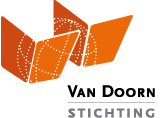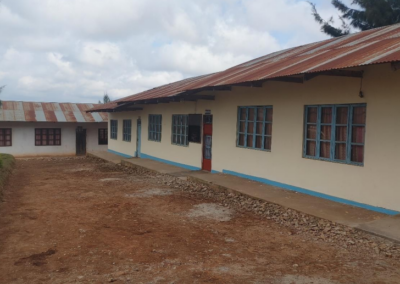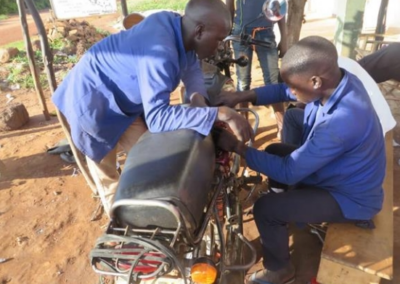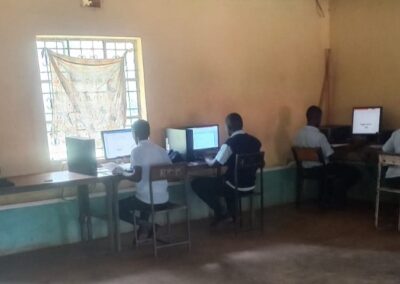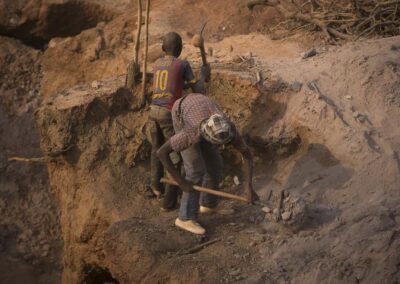Rescue Mission for Street Life is seeking tools to equip its skills station for the training of teenage street children rescued from the streets of Kampala by the police, probation officers and the local authorities and who are rejected by their family or have no family to support them after rehabilitation. The teenage children rescued from the streets cannot join school due to their age but could well acquire trade skills to become self-supportive and live independently when they transition to adulthood.
Rescue Mission for Street Life can cover the running cost of the training but requested support from the Van Doorn Foundation to procure the necessary equipment and tools for the skills station.
Van Doorn Foundation is looking for sponsors for the € 4,000 needed to purchase the equipment and tools!
Amount required: € 4,000
Amount collected: € 4,000
Sponsors: Stichting Overal Nijmegen and Van Doorn Foundation
Project information
The situation
Kampala is the capital city of Uganda with a population of 3,846,000 and according to the city authorities with more than 15,000 children, between 7 and 14 living in Kampala’s streets. The street child problem has been an increasing concern over the past decade. Poverty, war, and parents dying from AIDS have caused the numbers of street children to rise sharply in the past few years. These children have left home for a number of different reasons, usually related to poverty, mistreatment or parental death. Many leave home in their rural villages and go to Kampala to try to make a living in the big city.
The importance of the project
According to city authorities, at least 100 children are taken off the streets every month, among them teenagers (15 – 18 year) who often have been rejected and have no family or support after rehabilitation.
The teenage street children cannot join school due to their age. Rescue Mission for Street Life rescues annually 200 – 250 children living in the streets, rehabilitates them and reunifies them with their parents; however, 20% of these children are rejected by their families (or the family environment is deemed unsafe for the child), and for another 10% their families cannot be traced, or they have no remaining family to return to after rehabilitation. Sending them back to the street is not an option. These teenage street children need to be supported to acquire trade skills to become self-supportive and live independently when they transition to adulthood.
“It is easier to build strong children than to repair broken men.” -Frederick Douglass.
The implementing organisation
The Rescue Mission for Street Life is a young organisation, established in 2018 that aims to emancipate street children from the life of despair to hopeful, meaningful and important citizens in society effectively contributing to the development of the nation. The organization rescues annually 200-250 children from the streets of Kampala, identifies their parents/guardians and where appropriate facilitate their family reunification or fill the role of a guardian and provide them with the support needed for them to grow, work, and live independently.
In the past 5 years it rescued and rehabilitated 1040 children from the street of Kampala, rescued 250 child victims of human trafficking, reunified 750 street children with their families and trained 400 children in various hands-on training who are now able to work and live independent self-supportive lives.
The envisaged project results
This project intends to recruit teenage street children from its children home who finds no supportive family after rehabilitation to their skills station that has a metal and wood workshop and a studio for them to learn trade skills as they transition to adulthood. Each will be provided with start-up kits to be able to start their own micro-workshop/studio (or be employed by others) and live independently. The project will equip the skills station with tools and enroll 130 beneficiaries in either metal work, woodwork, or photography and videography with each trainee choosing one training area (depending on talent or interest). The training standards, curricula and assessment will be based on the Directorate of Industrial Training (DIT) Assessment Training Packages upon which the graduates are awarded certificates. The products made while on training will be sold at a profit; the proceeds will be used to run the skills station and to buy start-up packages for each graduate trainee to start off, work, become self-supportive and live independent adulthood.
Chance of sustainability
Through this project tools will be procured for the skills station so that the teenage street children can receive better quality training. They will produce quality products while on training that can be sold at profit, with proceeds used to run the skills station and buy start-up kits for the graduate trainees. The sales of products will be done through a marketing agency which will be contracted to promote and sell the products. The skills station will further be supported by some parents who don’t want their child to come back and stay with them even after the rehabilitation, but they are willing to support the training of the child and will contribute a certain amount.
After the training and after passing the Directorate of Industrial Training (DIT) Exam trainees will become certified technicians and will be supported to secure internship placement and employment.
The required funds
The training of 130 teenage street children is estimated to cost € 8,700. Rescue Mission for Street Life can cover the running cost of the training (€ 4,800) and requested support from the Van Doorn Foundation to procure the necessary equipment and tools for the skills station.
Van Doorn Foundation is looking for sponsors for the € 4,000 needed to purchase the equipment and tools!
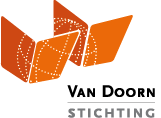
Dear visitor,
We are grateful that you are willing to support us with a donation!
Please fill in the fields below and push the button PAY to transfer the amount by iDeal.
